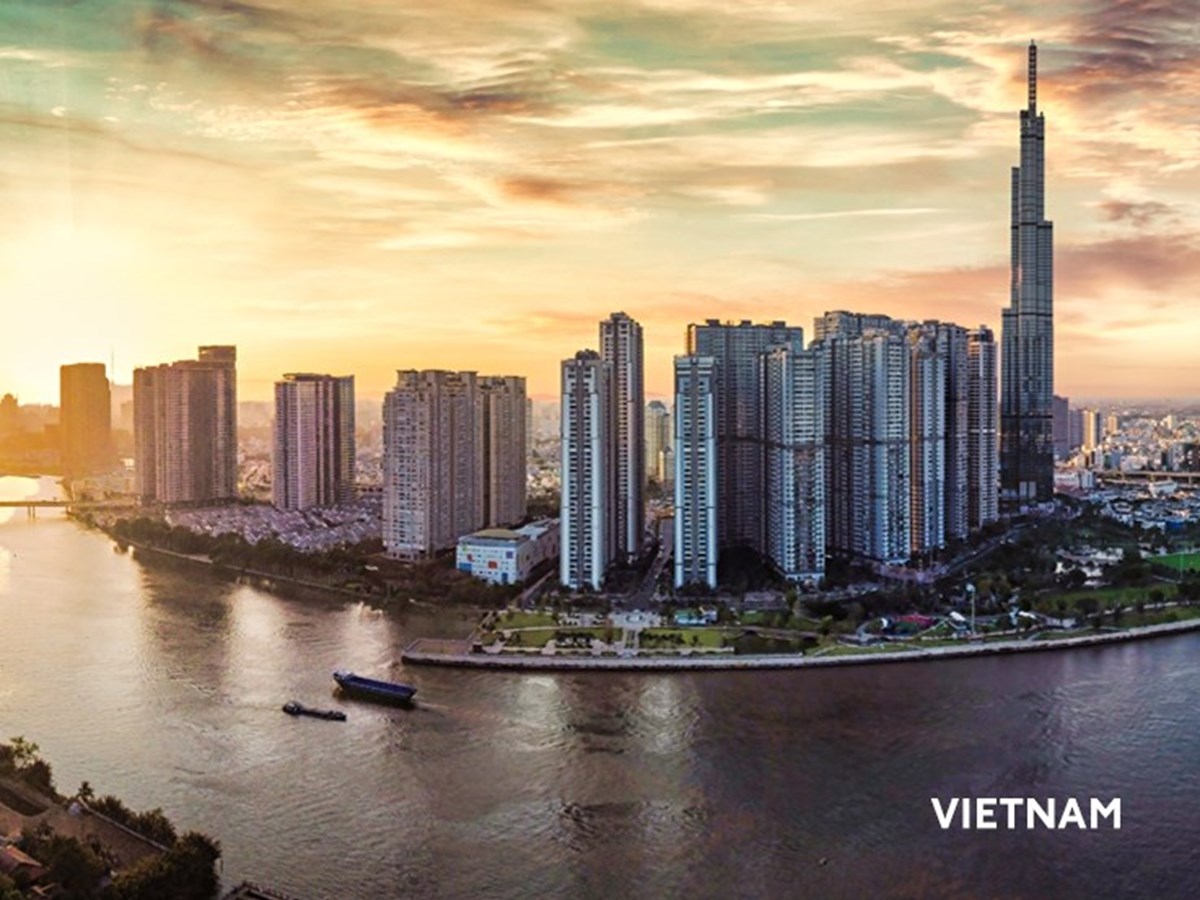
Knowledge Highlights 12 December 2025

On 15 February 2021, Decree 152/2020/ND-CP (“Decree 152”), which combines regulations relating to foreigners working in Vietnam (Decree 11/2016/ND-CP) and the recruitment and management of Vietnamese citizens working for foreign organisations and individuals in Vietnam (Decree 75/2014/ND-CP), will come into force and replace the previous decrees.
In general, Decree 152 does not significantly change the content of the previous decrees but instead aims to provide more clarity and better align the provisions with the Labour Code 2019.
This article discusses some of the key highlights of Decree 152.
1. Change in criteria for foreigners working in Vietnam
Decree 152 imposes a stricter criteria for determining an expert. It no longer allows a foreign employee to be certified as an expert by a foreign agency, organisation or enterprise for the purposes of working in Vietnam. Experts will now be determined solely by (i) their years of working experience; and (ii) their qualifications (relevant degrees or practising certificate). A minimum of three years of working experience is required for a person with a bachelor’s degree or higher qualification, and a minimum of five years working experience is required for a person who does not have such qualifications but has instead a relevant practising certificate. In certain circumstances where the applicant for a work permit does not meet this criteria, the Ministry of Labour Invalids and Social Affairs may refer the application to the Office of the Prime Minister. Decree 152 introduces an additional ground for consideration where the work permit sought is for a technician. Under the previous decree, a person is considered a “technician” if he/she has been trained in technical or other fields for at least one year and has worked for at least three years in that field. Decree 152 now requires that such a person should also have at least five years of working experience in a job suitable to the position expected to be worked in Vietnam.
2. Amendments and clarification on work permit exemptions
Decree 152 provides that (i) a foreigner married to a Vietnamese citizen is now exempted from requiring a work permit; and (ii) a person who provides a prescribed amount of capital contributions or holds a prescribed shareholding percentage, and holds certain managerial positions in an enterprise, may be considered for an exemption from the requirement to hold a work permit. Decree 152 also further clarifies the classes of people, as set out under the previous decree, who may be exempted from holding a work permit cases.
Under Decree 152, the following classes of people are exempt from the requirement to hold a work permit:
3. Change on process of extension of a work permit
Under Decree 152, a work permit, which is issued initially for a term of two years, can be extended once for another two years. This is a change from the position under the previous decree, which did not limit the number of extensions for a work permit. Under Decree 152, if an employer still intends to employ a foreign employee upon the expiry of the extended work permit, the employer must apply for a new work permit. It should be noted that this application will be reviewed as completely as a new application. Such change may administratively burden employers as the application process for a new work permit is more onerous than an application for the extension of a work permit.Extensions of work permits, both under Decree 152 and the previous decree, are subject to the authorities’ review of the need for the recruitment of foreign employees for specific positions.
4. Recruitment and management of Vietnamese citizens working for foreign organisations and individuals in Vietnam
Decree 152 now allows foreign organisations and individuals to directly recruit Vietnamese citizens without engaging specified recruitment organisations, a requirement under the previous decree. However, the foreign organisation or individual is obliged to provide written notice (with a certified copy of the labour contract attached) to the competent authority within seven working days from the date of signing the labour contract.
For clarification, the term “foreign organisations” includes foreign entities established under foreign laws as well as their representative offices in Vietnam but excludes foreign-owned companies established under the law of Vietnam.